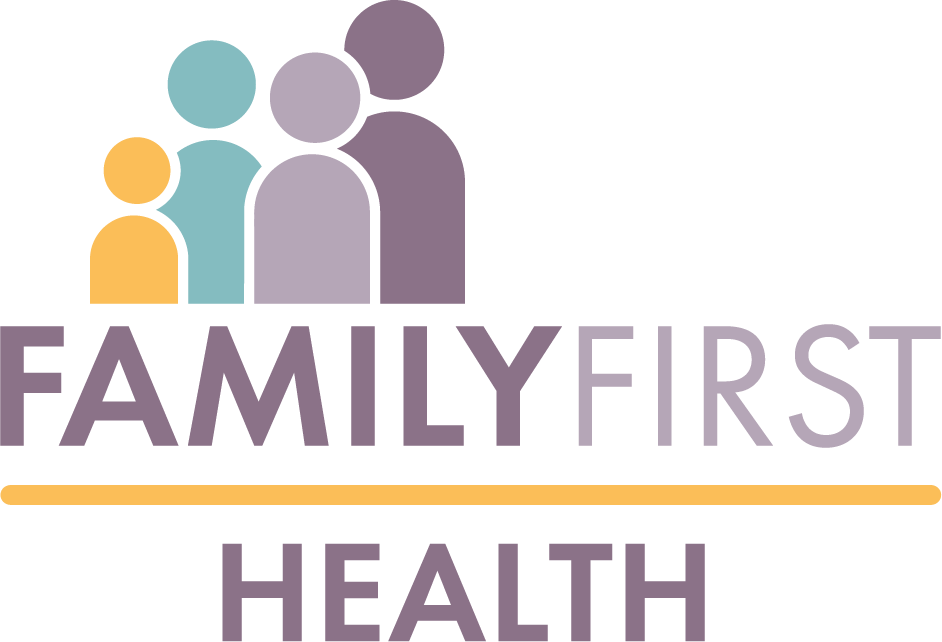Shelia showed up at the doorstep of the Duke Street brownstone holding a paper bag full of nightgowns. She asked simply, “Can I die here?”
The answer was always yes.
From 1990 to 1995, York House Hospice always said yes. And it provided a place of comfort and dignity for the 95 people who died there.
Sitting on her front porch, Joy (Ufema) Counsel, founder of York House Hospice, and Dr. David Hawk, its medical director, sit side-by-side on a swing recounting their time in that home. Listening in, it seems like an intimate conversation between colleagues – friends – who may have over time forgotten the impact they had.
Back when the hospice opened, both recalled York was around third in the state when it came to AIDS. “Others weren’t doing as much testing,” Hawk recalled. “The need was there.”
With a $1 down payment on a house and a promise to pay property taxes, Counsel opened York Home Hospice to feed that need, and brought on Hawk as the medical director. “The drive was there, the fire in the belly,” Counsel said.
Back then, there was fear, prejudice and misunderstanding, the two said. But their role was to offer comfort. Dignity. Joy. A place to “carry our brother,” Counsel said, referring to the fact that they did not have an elevator and rather chose to carry down the sick and dying.
For Counsel, the work was a continuation of her years working as a nurse with death and dying. For Hawk, it was different. “As a medical professional, it was hard to not be able to help,” he said. “It was a real learning experience,” he said turning to Counsel. “You taught me a lot about death and dying. And I’m thankful for that.”
Often times, it was in moments they couldn’t be sure were even real. But for the patients, it was. Counsel spoke of Bernie and how the day before he died, he called her to his bedside. He called out “Do you see them, Joy?” She admitted she could not. But said, “They’re here for you. You can go with them, you’re safe.” The next day, she brought Hawk to his bedside and asked if the others were still there. Bernie mustered all the strength he had to get up on his elbows and look to the left. “No, they’re not here now.”
“That was the first time for me as a medical person that I thought, there really area things we don’t understand about the dying process,” Hawk said. “… It was an invaluable experience that we offered … to be there. ”
The two go on, speaking of other patients – a 5-year-old named Booboo; Shelia and those nightgowns; Steve and the day of his death. Counsel turned to Hawk saying quietly, “I think we made a difference, don’t you?” “Yes,” he answered. Five years in, the need started to dwindle for hospice services. The two thank education, and said that while people were still living and dying with AIDS, families and loved ones understood it more and were willing to care for them at home. “We had a good thing going,” Hawk said.
Before then, there was just so much fear, they said. Hawk spoke of nurses who said they would walk off the hospital floor if an AIDS patient was brought to them. It was hysteria, Counsel said. There was a reluctance to believe public health officials. The president didn’t even address it or speak the word AIDS.
“This was such a wonderful learning experience for me,” Hawk said. “There were living things going on right before my eyes that I never saw in medical school.” For many doctors, Hawk said, when someone is told they’re going to die, the doctor’s job is over. In that Duke Street brownstone, it was just beginning. “We just didn’t have all the arrows in our quiver,” Hawk said.
“That house was a place of joy, respect,” Counsel said, wavering off.
“Comfort,” Hawk replied. “Yes, comfort,” Counsel said. “Comfort and dignity,” he said, gazing off onto the farm.
And when the AIDS Memorial Quilt came around, Counsel said it changed the game when it came to grieving. “None of us wanted our loved ones forgotten,” she said. “This was mine.”
“It’s remarkable from where we’ve come,” Hawk said. “Wouldn’t it be nice if we got here sooner?”
The pair continued talking of the old days, with Counsel’s partner, Linda, whispering later that she worries that after their retirements, the two lost sight of the work they’d done – the lives they changed.
When 12 panels from the AIDS Memorial Quilt are hung in Marketview Arts this month, Counsel and Hawk know they’ll see some of their patients. They know they’ll see some of those family members they helped then – who the quilt is helping now as their sons and partners come home once more.
What do they want those loved ones to know? The two sat quietly for a moment with only the sound of the birds and buzzing bees.
Slowly, Counsel formed her thought: “It was a horrific plague that we couldn’t stop. And that their deaths had meaning. It was almost their deaths paved the way for learning about the disease and treatment.”
Hawk smiled at her, looked up, and with tears in his eyes, said, “I just hope that they remember their loved ones and … that we did the best we could.”
Video and photo by Randy Flaum, York Storyman.
